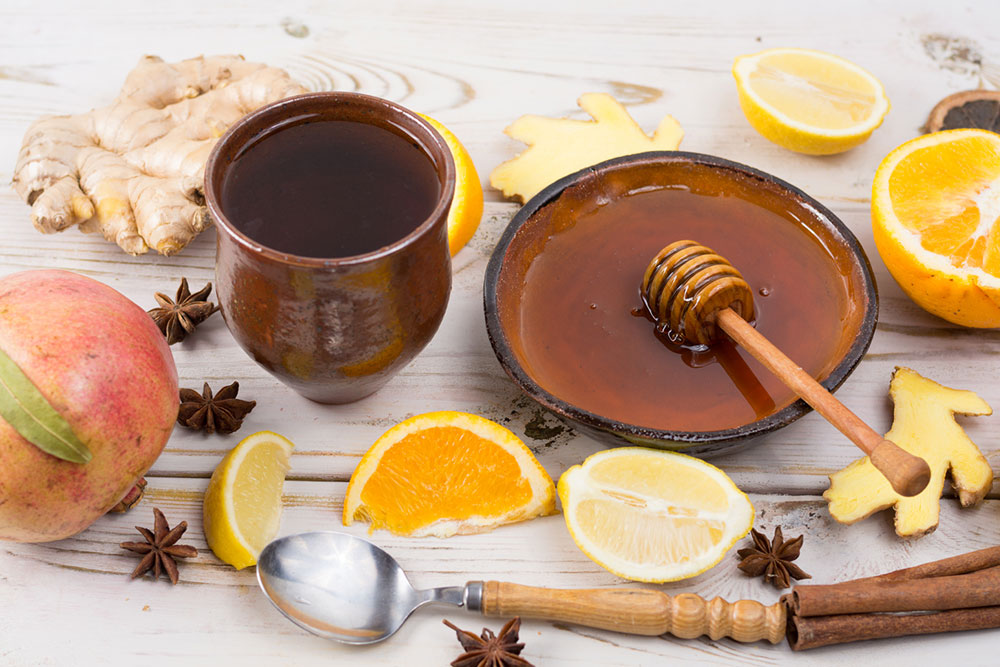Natural Remedies for Managing Overactive Bladder Symptoms
Discover effective natural remedies for overactive bladder, including dietary modifications, pelvic exercises, stress management, and alternative therapies like acupuncture and visceral manipulation. These strategies aim to reduce symptoms and improve quality of life without medications.

Natural Strategies to Alleviate Overactive Bladder Issues
Overactive bladder (OAB) is a common condition where the bladder causes sudden urges to urinate, often leading to frequent trips to the bathroom and nighttime awakenings. While more prevalent among women, men can also experience OAB symptoms. If you notice frequent urges, nighttime urination, or leaks, consulting a urologist is advisable as underlying health issues may contribute. For bladder overactivity, various natural approaches can help improve your condition and enhance quality of life.
Limit bladder irritants in your diet
Research indicates that spicy foods and acidic items like citrus, chili peppers, horseradish, and juices can irritate the bladder lining. While avoiding all potential irritants may be challenging, identifying and reducing consumption of the worst offenders, especially before bedtime, can make a difference.
Cut back on caffeine and alcohol
Caffeine and alcohol act as diuretics and bladder stimulants, increasing urgency and leakage. Reducing or eliminating these substances can significantly reduce symptoms. If you can't skip your morning coffee, limit alcoholic drinks to one glass and avoid drinking close to bedtime.
Maintain adequate hydration
Although frequent urges may discourage water intake, staying properly hydrated prevents concentrated urine that irritates the bladder. Aim to drink at least eight glasses during the day and avoid fluids four hours before sleeping to reduce nighttime awakenings.
Practice Kegel exercises
Strengthening pelvic floor muscles through regular Kegel exercises can decrease urinary urgency and incontinence. These exercises are highly recommended by healthcare providers for natural bladder management.
Opt for physical therapy
Working with a pelvic floor physiotherapist can retrain bladder muscles and nerves through targeted exercises and bladder training techniques. Personalized therapy addresses underlying issues like bowel habits and pelvic dysfunction, helping restore bladder control.
Manage stress levels
Stress reduction through meditation, yoga, or relaxation techniques can lessen bladder hypersensitivity. Anxiety can trigger nerve responses that increase bladder activity. Practicing mindfulness and seeking therapy can greatly improve symptoms.
Explore acupuncture
This traditional Chinese therapy involves placing tiny needles at specific points to promote healing. Studies show about 79% of OAB patients experience significant improvement after regular sessions, with minimal side effects.
Consider visceral manipulation
This manual therapy involves gentle movements of abdominal and pelvic organs to restore their normal function. It helps improve communication between bladder nerves and the rest of the body, reducing overactivity and discomfort.
Living with an overactive bladder can be challenging, but adopting natural management strategies can improve your well-being. Always consult a healthcare professional before starting any new treatment approach to ensure safety and effectiveness.










